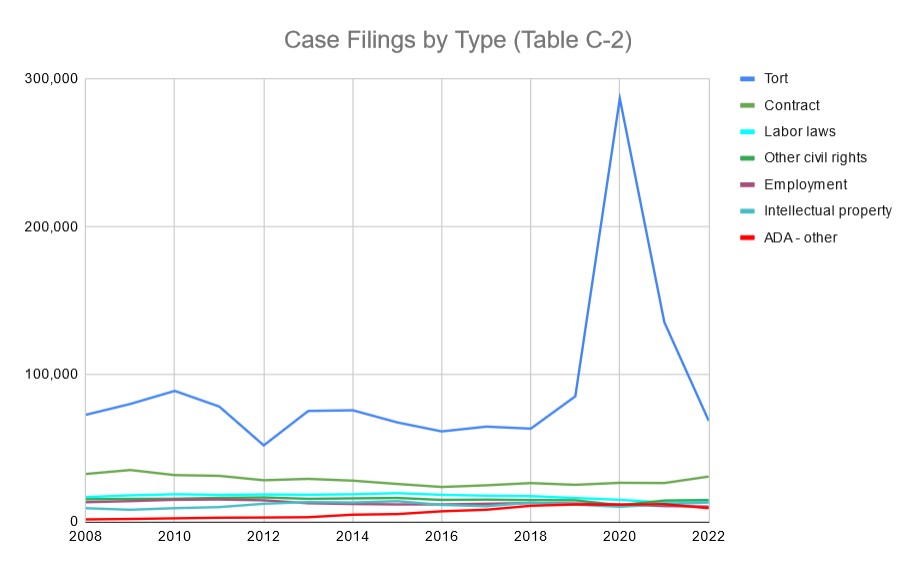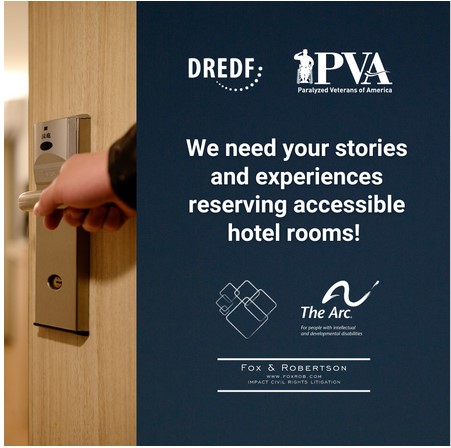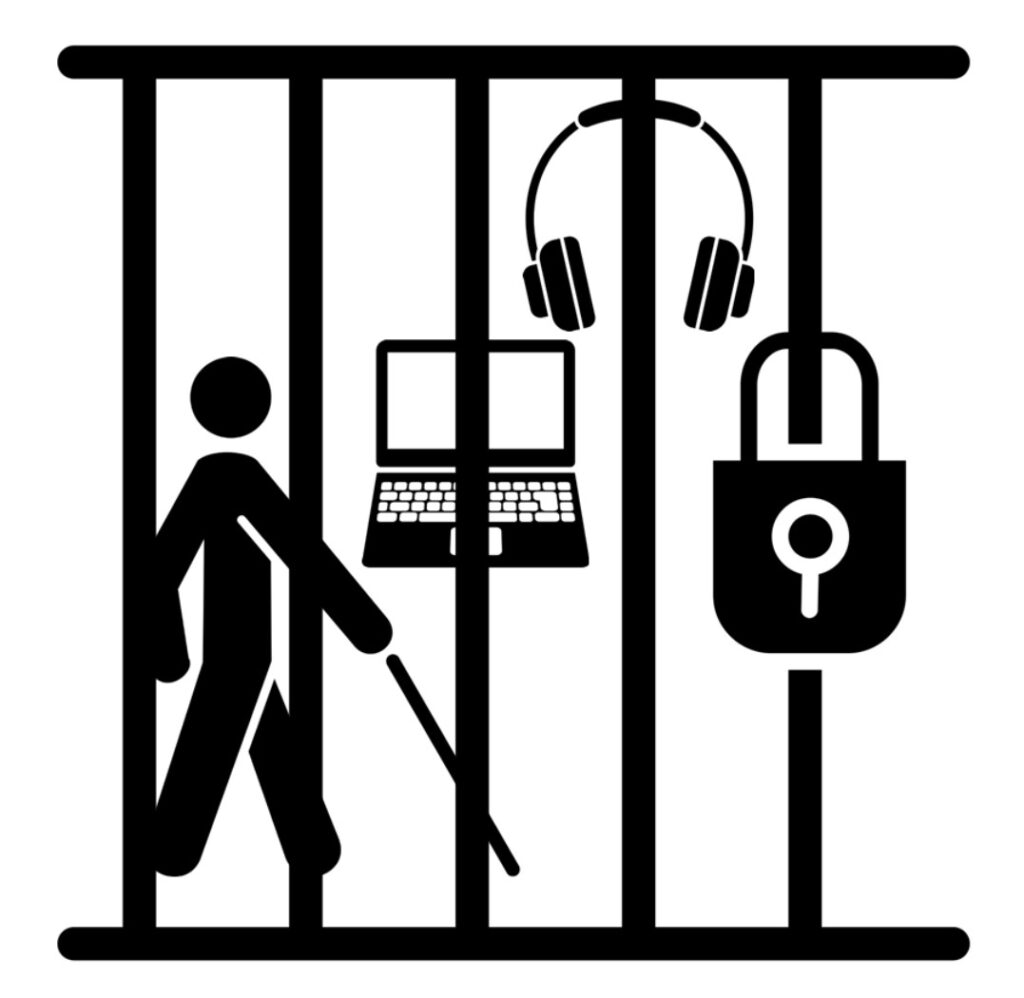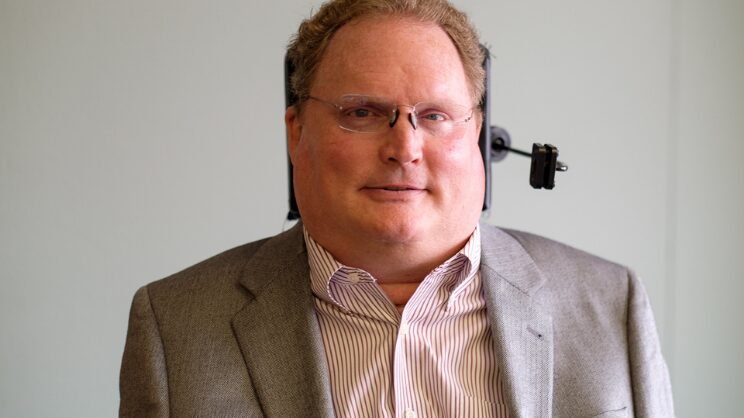Title III of the Americans with Disabilities Act (ADA) prohibits disability discrimination by private businesses. Lawyers who defend noncompliant businesses argue that their opposing counsel — lawyers who represent people with disabilities seeking to enforce their rights — engage in litigation abuse. They are lobbying for passage of H.R. 620, a bill that would add the requirement of a specifically-worded demand letter and four-month waiting period before a disabled person could enforce their rights.
This case study of ADA defense litigation abuse suggests that ADA defense counsel are already guilty of prolonging litigation, postponing access, and ultimately enriching themselves at the expense of both the businesses they represent and the people with disabilities who continue to be denied access 28 years after the ADA was passed.
H.R. 620’s requirement of a demand letter will remove any incentive for voluntary compliance and will add a new round of motions for ADA defense attorneys to file — challenging the wording, content, and specificity of the demand letter — on top of the already unconscionable litigation delay that is their standard practice.
To demonstrate the opportunities for delay in which ADA defense counsel typically engage, we looked at a case that a group of retail trade associations held up as a typical Title III case. In a recent amicus brief to the Third Circuit, lawyers for the National Association of Convenience Stores, the National Grocers Association, and the Food Marketing Institute singled out the case of Heinzl v. Cracker Barrel Old Country Store, Inc., No. 14-cv-1455 (W.D. Pa. May 12, 2017) for their anti-ADA invective.
We took a closer look at the Cracker Barrel case and discovered that it presented a fairly typical example of ADA defense lawyer abuse. The case alleged that a chain of fast food restaurants had noncompliant parking lots. Instead of assessing and remedying these violations, Cracker Barrel’s attorneys — including several known for their serial defense of hundreds of ADA lawsuits and for proactively work against enforcement of Title III — prolonged the litigation for two and a half years with multiple, meritless motions and obstruction.
Cracker Barrel’s seven lawyers took the following actions in litigation, all of which were unsuccessful. These lawyers’ abuse of the system is perhaps best illustrated by the fact that Cracker Barrel admitted, 14 months into the case, that “the subject properties contained barriers to access that were in need of remediation,”[1] yet continued to litigate for another year.
During the course of the litigation, Cracker Barrel and its attorneys:
- moved unsuccessfully to dismiss the case, ECF 10, 14, 15;[2]
- objected unsuccessfully to the magistrate’s ruling denying their motion to dismiss, ECF 16, 19, 23, 35;
- moved unsuccessfully for a protective order to prevent site visits by the plaintiff, ECF 20, 24, 26, 36;
- moved unsuccessfully for a protective order to limit the scope of the plaintiff’s deposition of defendant’s most knowledgeable representative, ECF 30, 37;
- refused to engage in class-wide discovery, requiring plaintiffs to file a successful motion to compel, ECF 27, 29, 36;
- moved unsuccessfully to stay the litigation, ECF 32, 37;
- refused to comply with the order granting the plaintiff’s motion to compel class-wide discovery, see ECF 41-2, requiring the plaintiff to move for sanctions, ECF 41, 43, 44; while the court did not impose sanctions, it imposed a deadline by which Cracker Barrel would have to produce class-wide discovery, ECF 47;
- moved unsuccessfully to compel discovery from the plaintiff, ECF 55, 60, 62;
- moved prematurely — and ultimately unsuccessfully — for summary judgment, ECF 64, 100, 105, 106, 113, in response to which the plaintiff moved successfully for additional discovery, ECF 74, 82;
- moved unsuccessfully to stay all proceedings pending ruling on its summary judgment motion, ECF 71, 78, 81, 82;
- unsuccessfully objected to the magistrate’s recommendation to deny its summary judgment motion, ECF 116, 126;[3]
- withheld ADA surveys of challenged facilities requiring plaintiff to file a successful motion to compel, ECF 76, 85, 87, 93;[4]
- moved unsuccessfully for a third protective order, ECF 91, 92, 96;
- unsuccessfully opposed the plaintiff’s motion for class certification, ECF 103, 108, 110, 113;
- unsuccessfully objected to the magistrate’s recommendation to grant the motion for class certification, ECF 116, 119, 123, 126;[5]
- unsuccessfully petitioned the Third Circuit Court of Appeals pursuant to Rule 23(f) to challenge class certification; and
- unsuccessfully moved — for a third time — to stay proceedings pending resolution of its Rule 23(f) petition, ECF 131, 134;
- unsuccessfully objected to the magistrate’s recommendation to deny the stay, ECF 135, 136, 137.
The case was filed in October, 2014, demanding that Cracker Barrel bring its parking lots into compliance with the ADA. ECF 1. In May, 2017, after all of the motions and maneuvers listed above, Cracker Barrel agreed to precisely this relief: that it would survey it stores and bring the parking lots into compliance with the ADA. ECF 163-1. In the meantime, people with mobility disabilities went another two and a half years without accessible parking, and Cracker Barrel’s lawyers billed their client for the time spent drafting and filing 21 separate briefs in pursuit of this campaign of delay.
H.R. 620 will add yet another layer of process — another hoop to jump through — before people with disabilities can have the access guaranteed them when the ADA was passed in 1990. It will also add to the list above another motion that ADA defense counsel can be paid to file.
The above Case Study is available in MS Word here.
The above Case Study is available in PDF here.
——————————-
[1] See Heinzl v. Cracker Barrel Old Country Stores, Inc., No. 2:14-cv-1455, 2016 WL 2347367, at *11 (W.D. Pa. Jan. 27, 2016).
[2] The numbers following each item refer to the docket numbers in the PACER Electronic Case Filing system, www.pacer.gov. All substantive filings related to each item are listed, including motions and orders.
[3] Heinzl v. Cracker Barrel Old Country Store, Inc., No. 2:14-CV-1455, 2016 WL 1761963 (W.D. Pa. Apr. 29, 2016).
[4] Heinzl v. Cracker Barrel Old Country Store, Inc., No. 2:14-CV-1455, 2015 WL 6604015 (W.D. Pa. Oct. 29, 2015).
[5] Heinzl, 2016 WL 1761963.




